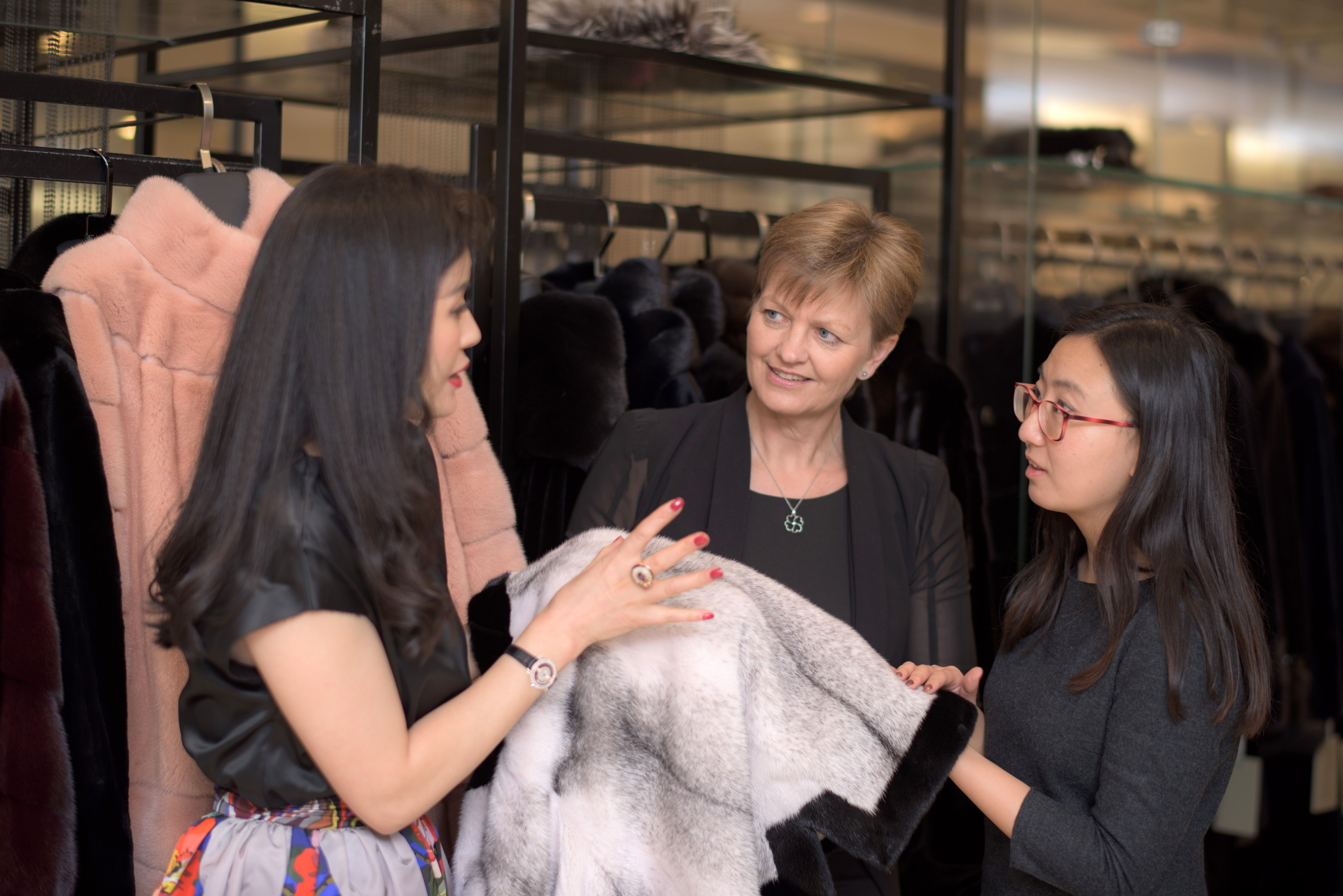Days after a court decision in the Netherlands spelled the end for the Dutch mink farming industry, Eva Kjer Hansen, the environment and food minister, has unequivocally expressed her support for Danish mink farmers.
“The production of mink pelts is important for the Danish economy and employs thousands of people,” she said.
“Denmark has a long tradition of producing pelt of the very highest quality and there is great demand for them. The government has no plans to follow the Netherlands’ example.”
The statement’s timing is significant, as it comes during the minister’s export delegation visit to China, which is by far the biggest export market for Danish fur.
According to the fur breeders’ association Kopenhagen Fur, as much as 90 percent of Denmark’s annual 13.4 billion kroner exports of fur is destined for China and Hong Kong.
Increased scrutiny
The fur industry has been under scrutiny in recent years over animal welfare, and this has led to more stringent legislation. Hansen highlighted that in the period between 2009 and 2014 there were fewer violations.
“I trust that mink production in Denmark is conducted in a responsible way with respect to animal welfare,” she said.
“For the past five years there has been an increased focus on animal health and animal welfare among fur farmers, and there have been fewer breaches of animal welfare legislation by mink farmers.”
Denmark is one of the world’s biggest producers of mink fur with an annual production of 17.9 million pelts.















